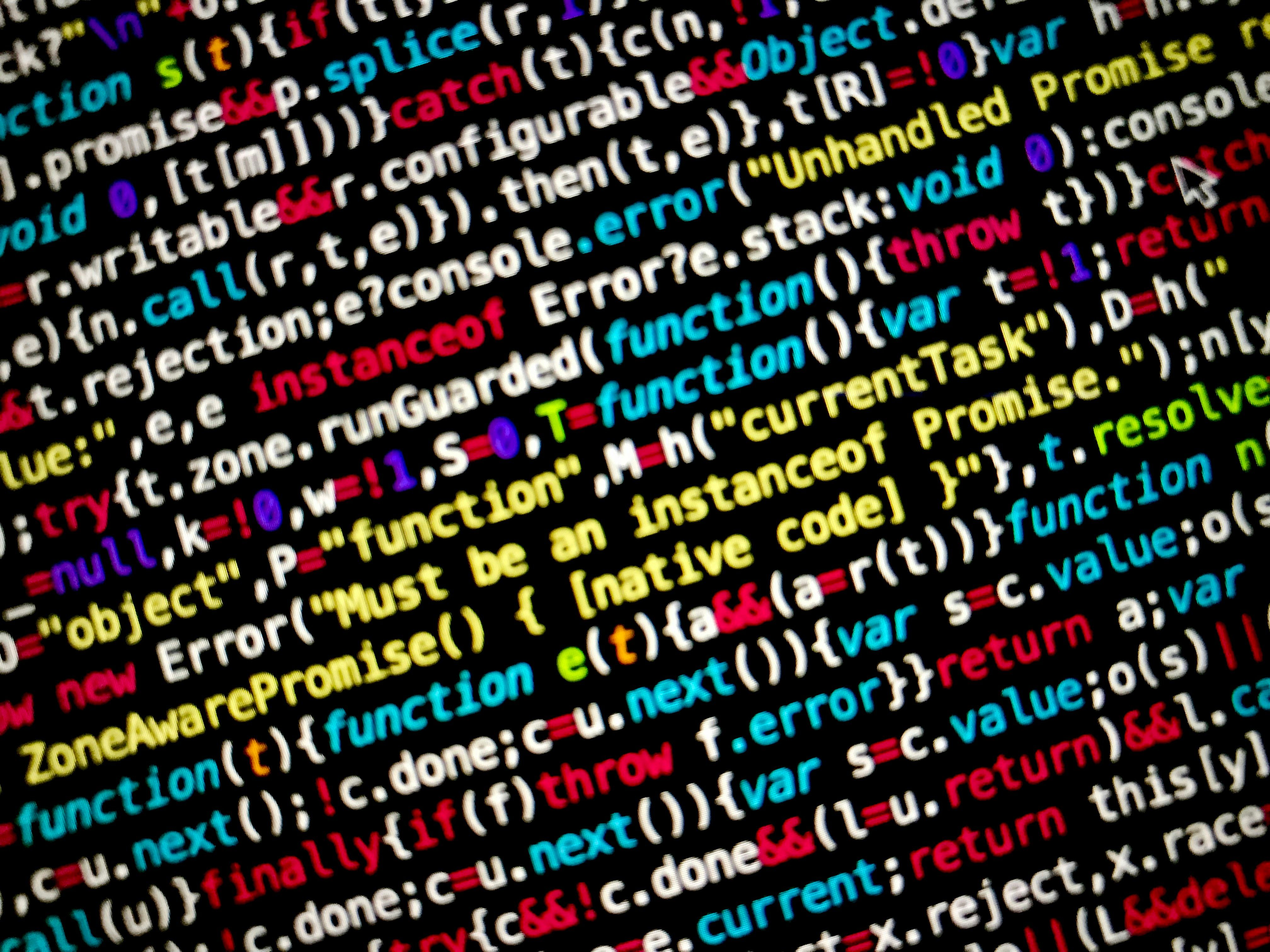Venezuela Affirms Maduro's Re-Election through CNE, Supreme Court Orders Voting Records and Hacking Proofs
Vibing with the Latest in Venezuela's Political Battlefield
August 3, 2024 (Our Newsroom) - The dust is still settling in Venezuela after the heavily debated presidential election, with tensions running high and fingers pointed every which way. Let's break it down and get you up to speed.
The National Electoral Council (CNE) presented its second statement on a Friday, confirming President Nicolás Maduro's reelection, but not without a fuss and a flurry of fraud allegations. With 96.87% of voting centers tallied, Maduro had reportedly garnered 51.95% compared to Edmundo González's 43.18%. The margins between the two tightened slightly compared to the CNE's first release.
CNE President Elvis Amoroso announced 12.3 million Venezuelans cast their votes on July 28 for a 59.97% turnout during a press conference. However, electoral results were not published on the CNE's website due to an ongoing cyber attack that supposedly hindered the vote-tallying and publishing operations.
The Venezuelan opposition rejects the official results outright and set up a parallel website. These unverified electoral tallies purportedly grant González a landslide victory with over 70% of the vote. National Assembly (AN) President Jorge Rodríguez claimed these materials were manipulated and has accused the opposition of submitting damaged, incomplete, or illegible records, as well as falsified signatures and prematurely created websites.
The United States has thrown its weight behind the opposition's claim, with Secretary of State Antony Blinken declaring González the winner. A leaked draft of a forthcoming House resolution, proposed by representatives Debbie Wasserman Schultz (D) and Mario Díaz-Balart (R), calls for recognizing González as the "president-elect of Venezuela" and imposing new sanctions on the nation.
Neighboring countries Peru, Uruguay, and Argentina support González as well, while Colombia, Brazil, and Mexico have urged respect for Venezuelan sovereignty during the institutional resolution of the electoral dispute.
President Maduro sought support from Venezuela's Electoral Chamber of the Supreme Court of Justice (TSJ) to conduct a judicial review of the election results. Maduro pledged to provide the TSJ with voting records gathered by the Socialist Party (PSUV) when needed.
The TSJ demanded all presidential candidates to submit "relevant legal documents" for the review process. Ten candidates responded, except for González. Mariáa Corina Machado, leader of the far-right opposition, has yet to reveal whether González's campaign will present their evidence to the court or acknowledge the judicial investigation.
Some opposition candidates present at the TSJ headquarters criticized the delay in electoral results publication and called for the TJS to assume its responsibility in resolving the controversy. Others argued that the intervention deflected from the CNE's duty.
The disputed election results sparked protests in various Venezuelan cities, generating violent clashes with security forces. Reports of more than 10 deaths remain unconfirmed, but over one thousand arrests, 77 servicemen wounded, and one sergeant killed have been reported. Protests are expected to continue this Saturday.
Here's a glimpse of the challenging situation in Venezuela:
Institutional Smokescreen
Venezuela’s National Electoral Council (CNE) and Supreme Court (TSJ) remain aligned with the government, refusing to acknowledge opposition claims and certifying Maduro’s win despite strong evidence of irregularities.
International Isolation
The EU, US, Canada, and most Latin American governments (including Brazil and Colombia) refuse to recognize Maduro’s re-election. The UN and Carter Center observers documented widespread flaws, including limited opposition access, lack of transparency, and post-election repression.
Post-Election Clampdown
Human Rights Watch reports 24 protest-related deaths and over 2,000 detentions by security forces and pro-government armed groups after the election. Detainees face charges under broadly defined "terrorism" statutes, and evidence shows torture in unofficial detention centers.
Opposition Unrest
The Democratic Unitary Platform (PUD), led by González and María Corina Machado, continues to reject the results and is plagued by internal divisions. Key figures, like Henrique Capriles, were expelled from Primero Justicia in April 2025 for participating in upcoming elections deemed illegitimate by the coalition.
Stay tuned for updates on Venezuela's ongoing struggle for democracy.
- The National Electoral Council (CNE) and Supreme Court (TSJ) in Venezuela reportedly remain aligned with the government, refusing to acknowledge opposition claims and certifying Maduro's win despite strong evidence of irregularities, creating an institutional smokescreen.
- The European Union, United States, Canada, and many Latin American governments, including Brazil and Colombia, refuse to recognize Maduro’s re-election due to widespread flaws, such as limited opposition access, lack of transparency, and post-election repression, as documented by the UN and Carter Center observers.
- In the aftermath of the disputed election, Human Rights Watch reports 24 protest-related deaths and over 2,000 detentions by security forces and pro-government armed groups, with detainees facing charges under broadly defined "terrorism" statutes and evidence showing torture in unofficial detention centers, which indicate a post-election clampdown.
- The Democratic Unitary Platform (PUD), led by González and Mariáa Corina Machado, continues to reject the election results and faces internal divisions, including the expulsion of key figures like Henrique Capriles from Primero Justicia in April 2025 for participating in upcoming elections deemed illegitimate by the coalition.
- Meanwhile, Venezuela's political landscape is witnessing a surge in other matters, such as car-accidents, fires, crime-and-justice, general-news, and war-and-conflicts, which further complicate the country's situation.
- The Venezuelan opposition's unverified electoral tallies, published on a parallel website, purportedly grant González a landslide victory with over 70% of the vote, which has caused significant inconsistencies in the reporting of election results.
- Amid protests and violent clashes with security forces following the disputed election results, political migration has become a growing concern as citizens seek safety and better opportunities in other countries, adding another layer of complexity to Venezuela's ongoing struggle for democracy.









